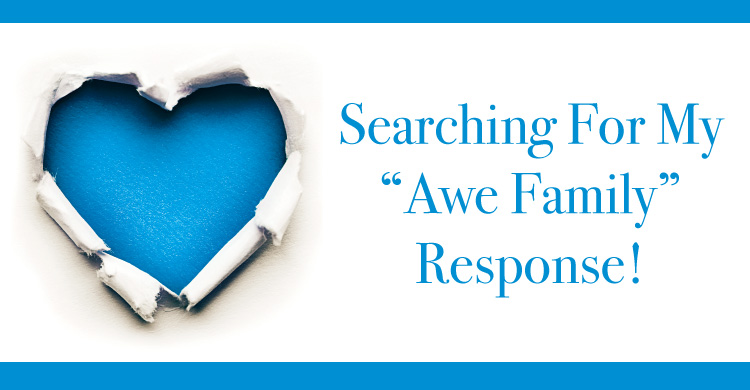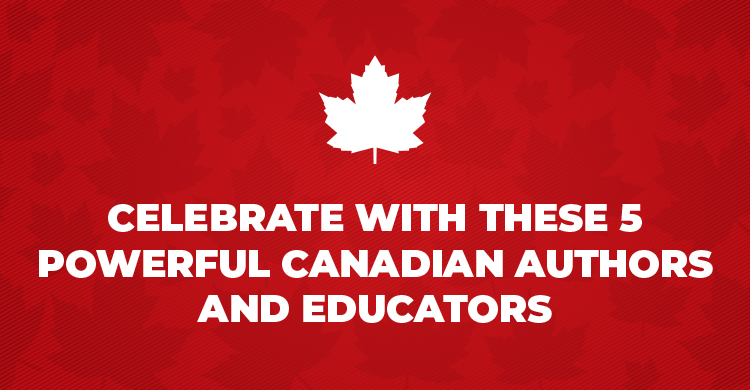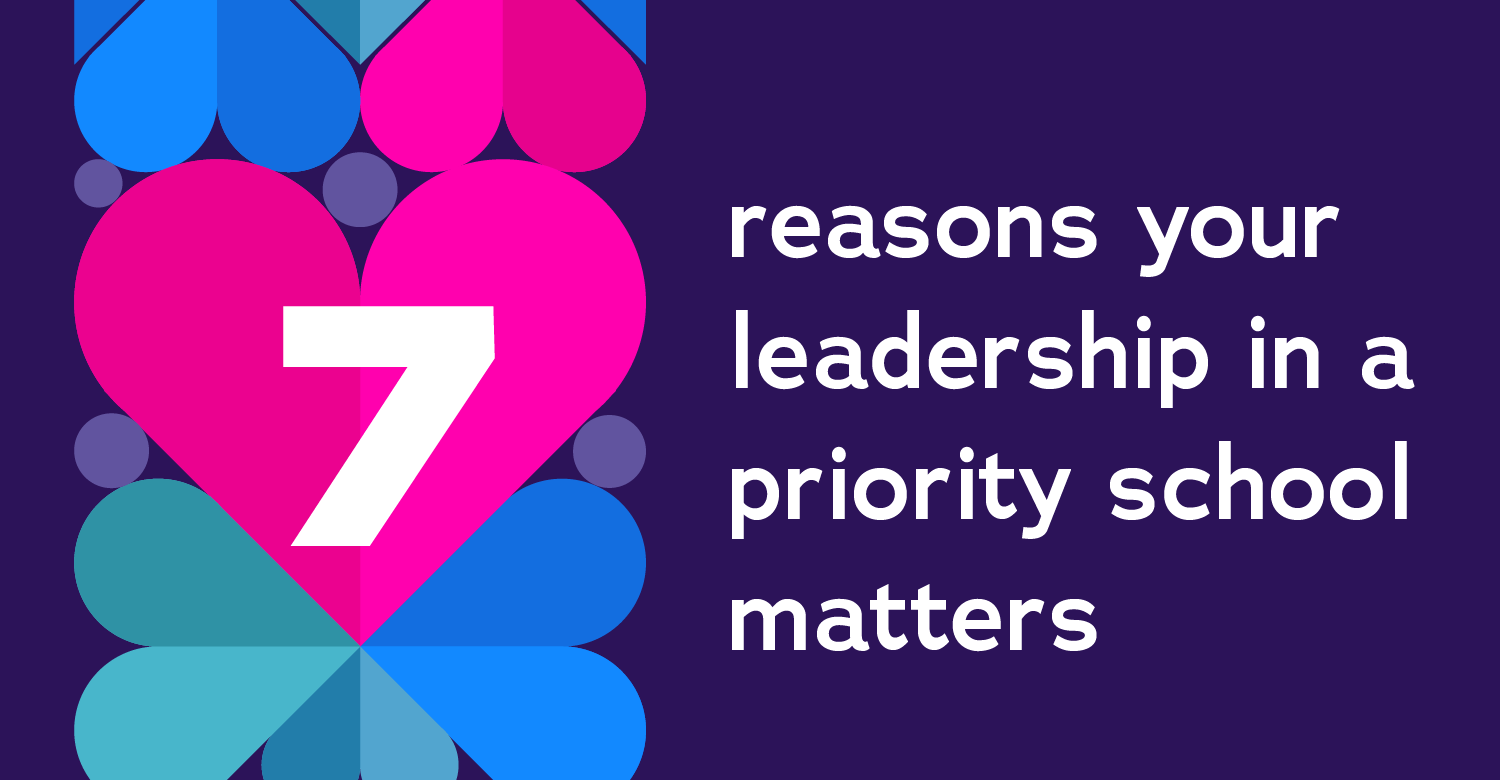
I sense a paradox of competing emotions on the horizon.
On one hand I find joy in the capacity of our positive, generous, and courageous human response to the relentless stress, strain, and change we have faced each day for almost a year now. On the other hand, I feel queasy and uneasy as we close in on the anniversary of the most intense, unexpected and unwelcome change to our personal and professional lives as educators. March 2020 seems so long ago, and yet it sticks so close to, and lives inside of, our very being as teachers.
Under normal conditions our teaching profession is filled each school season with smaller obstacles of unexpected adversity, feelings of fear or anger, failure, grief, sadness, displacement, or exhaustion.
Yet these days, I feel so far removed from normal.
It has been a long slog since March last. The raw data overwhelms us if we let it. From January 1, 2020, through February 15, 2021:
- Total U.S. cases over 27 million and Total World cases over 106 million
- Total U.S. deaths: over 470,000 and Total World deaths over 2.32 million[i]
We feel the weight of these numbers far beyond the data. As teachers we know the despair on the human faces affected by the emotional drag these unimaginable numbers represent. The daily obstacles presented to us by the COVID-19 pandemic, both professionally and personally, have impacted every aspect of our lives.
The 2019-2020-school season ended abruptly last March and was shocking to the system as our classrooms and hallways became empty well before we were ready or finished. Without warning we were scrambling to meet remote learning and the day-to-day survival needs of our students – and ourselves.
The 2020-2021 school season start was challenging, choppy and uneven, with health concerns, childcare, and educational learning colliding into a confluence of impossible and uncertain decisions–despite a summer of planning. The decision-making variables alone were exhausting for many school districts, educators and community members. What was right? What was best for educating children at high levels of proficiency and maintaining our health and safety?
Inequities in student learning opportunities were exposed more deeply than ever before for our students and parents living in poverty or homeless or without remote learning technology tools with broadband access. In short, the coronavirus pandemic changed our world and everything in it. Our personal and professional journey was “interrupted” on a large scale never observed before in our lifetime. “Climb over this obstacle!” the pandemic shouts at us.
We did. We do. Mostly. One week at a time. As I write in SOUL!, before the pandemic it was easy to slip into taking fun and friendships, hugs and handshakes, high-fives and hellos, technology, music concerts and art galleries for granted. Not now. Maybe never. When we are in an unusual season of suffering and obstacles, we tend to appreciate what has been taken away.
We hunger to get off our remote island.
Richard Davidson, professor of psychology and psychiatry at the University of Wisconsin–Madison and the founder and director of its Center for Healthy Minds said:
“We can’t think of ourselves as an isolated island. Nature simply does not honor those distinctions. This is an opportunity to expand the boundaries of what we consider our in-group. This is what the pandemic is illustrating, it can, I think, help us navigate the uncertainty we are all facing,” he says. “It is not to deny or minimize or diminish the uncertainty and real suffering going on. But it can be beneficial in helping people get through their everyday life.”[ii]
How great would it be as we move forward through the rest of this school year, and into the 2021-2022 school season, if our revised school schedules, curriculum, assessments, and student groupings are used to eventually soften the lines across our diversity? How can we become more generous toward one another and expand the boundaries of our in-group, and unite the dignity and humanity of every student and adult in our school community as we become hyper-aware of our students’ backgrounds, home life and surroundings?
The answer to the “How?” question lies within us. In a time of unusual and uncertain plans, we have gone deep to find our generosity and make personal contributions to others (large or small). We have pushed to find new pathways for student learning while prioritizing our health and the health and safety of our students and colleagues. We have remained radically optimistic about our humanity during an unprecedented crisis moment. Generosity and moral elevation during this season of crisis not only matters, it is required, for our very survival.
As we approach our pandemic anniversary this March, we should celebrate our heroic and required actions of generosity that lead to a distinct and necessary emotional state for our students and colleagues, called moral elevation.
Moral elevation is known as part of the awe family of emotional states. The COVID-19 pandemic needs our best “awe family” response we can muster. The awe family facilitates “the integration of vast and unexpected experiences into a persons’ understanding of the world. Observing compassionate sensitivity to suffering, coupled with the selfless actions to alleviate the suffering is enough to have a profound psychological and physiological effect on others”[iii]
Your students have been the beneficiaries of your awe family response in such a time as this. In turn, you have been the beneficiary of your students pulling you from your personal place of uncertainty. They made you laugh, they drove you crazy, and they reminded you time and again of your humanity. Without knowing it, they are helping you overcome the pain of a difficult season in your professional life as well.
Generosity is best as a two-way street.
So, take a photo (remote or otherwise) of your students before this school year ends. Frame it and put it on a wall. Let this year of obstacles be a reminder of your strength and moral worth as an educator. We are in a moment of time where we are learning life lessons as we live them.
So, look ahead. Think about 2033 when this year’s Kindergarten students walk across the high school graduation stage. Imagine then, looking back on 2021. How will you be remembered, during this defining time in your professional life?
Above all else, may you be remembered for your radical acts of kindness and for your awe family response to others. May we cling to these defining moments in our memories as they reshape our work and effort for tomorrow.
[i] Center of Disease Control and Prevention. COVID-19: U.S. At A Glance. Accessed at https://www.cdc.gov/coronavirus/2019-ncov/cases-updates/cases-in-us.html#epi-curve on February 15th, 2021.
[ii] Ferguson, R. (2020) accessed at https://health.usnews.com/conditions/articles/turning-social-distancing-into-a-positive#expert-sources on March 27th, 2020.
[iii] Neff, K. & Germer, C. (2017). Self-compassion and psychological well-being. In Seppälä, E. Simon-Thomas, S. Brown, S. Worline, M. Cameron, C.D., Doty, D (Eds.), The Oxford Handbook of Compassion Science. New York: Oxford University Press. P.125.





